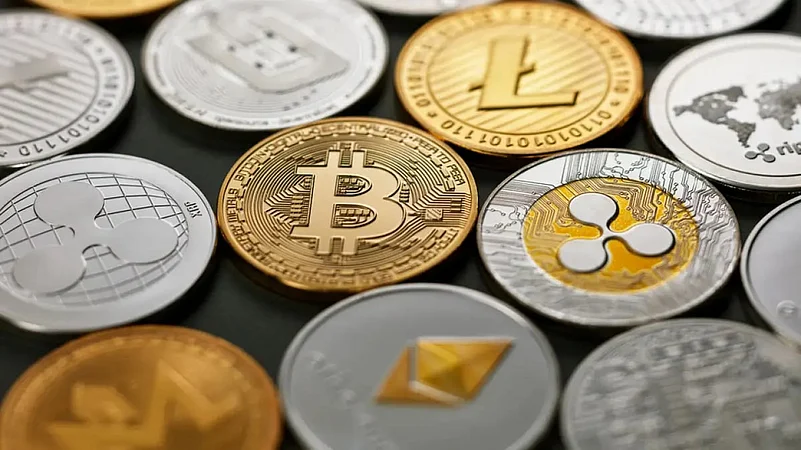At the time when cryptocurrencies were in a bull run, some argued that they could replace or at least provide an alternative to fiat currencies in the future. Fiat currencies are government-issued currencies that have the backing of the sovereign; cryptocurrencies, on the other hand, are decentralized digital coins or assets that are held together through the blockchain technology.
The debate came to the fore when El Salvador adopted Bitcoin as legal tender. “Most financial professionals expect digital assets will replace government-issued currencies within a decade, or at least present a solid alternative to them,” said a Business Insider report published in August 2021, quoting a Deloitte survey.
That debate may now be going in another direction, with prices of cryptocurrencies falling and confidence in cryptocurrencies eroding rapidly. On June 10, El Salvador was down about $38.1 million on its Bitcoin investment, so that experiment also seems to be on shaky grounds. So, what do experts think about the issue now?
Crypto vs Fiat
With the US Federal Reserve moving to quantitative tightening (QT) from quantitative easing (QE), the availability of money will not be that easy. Major central banks resorted to printing money in the past to inject liquidity into the system, hit by crises, the latest being the Covid shock.
“This means the credibility of major fiat currencies are restored and they will continue to become stronger as the supply of money is greatly reduced and the demand for safe currency havens has increased,” says Sudin Baraokar, a crypto industry expert.
But some experts fell that cryptos can act as a cushion against inflation, which is never possible in the case of fiat currency. “This is where crypto can truly stand out when compared with fiat,” says Edul Patel, CEO and co-founder of Mudrex, a global algorithm-based crypto investment platform.
Is It Really A Comparison?
Some experts strongly believe that it is erroneous to compare cryptocurrencies with fiat currencies. “They are two different things. It's like comparing apples and oranges,” says Sidharth Sogani, CEO of CREBACO Global, a crypto and blockchain market research company.
For Oriol Caudevilla, board director at the Global Impact FinTech Forum (GIFT) and a fintech advisor, the rise of DeFi never implied fiat currencies would lose it to cryptocurrencies as they serve different purposes. “While fiat currencies are central bank money, cryptos are issued by decentralized entities and, even though they can be used as a means of payment in certain circumstances, they are mostly an investment asset class, to the point that it would be more correct to call them crypto assets rather than cryptocurrencies,” he says.
The rise of DeFi does not mean the end of fiat currencies, just as the current turmoil in the crypto markets does not necessarily mean a victory for the world of traditional finance, since both worlds are becoming increasingly intertwined, says Caudevilla. “What it means is cryptocurrencies need to be more comprehensively regulated to ensure a level-playing field and to make sure investors are correctly protected,” he adds.













